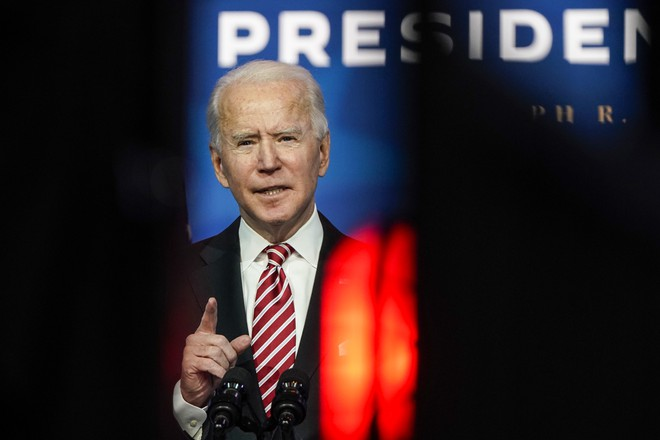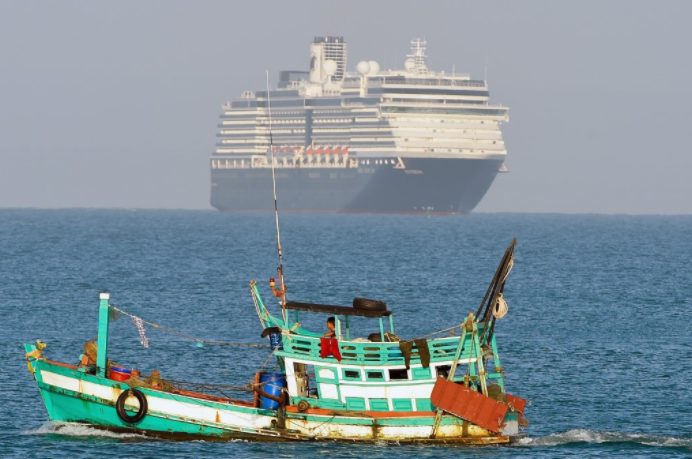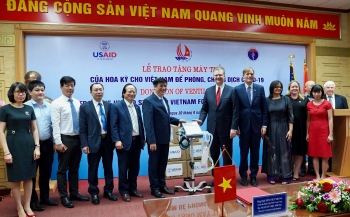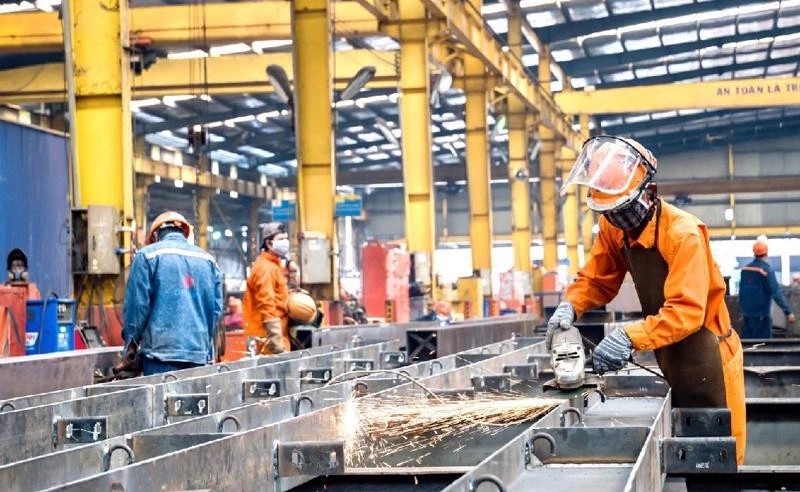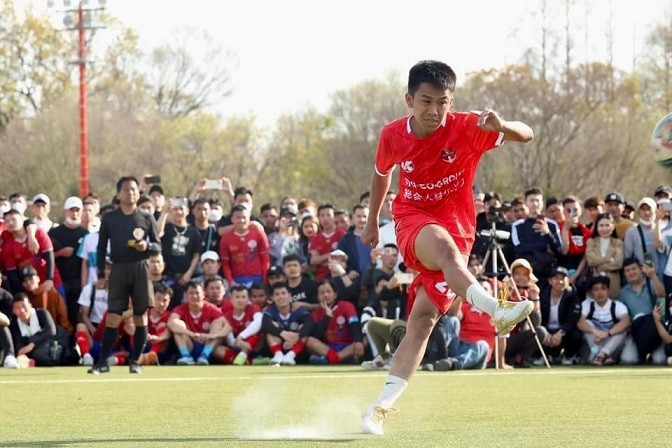US, Japan express serious concern over China's "coercion and destabilising behaviour"
The allies agreed to deepen defense cooperation and hold joint military drills in the area around the islands in the East China Sea amid an upsurge in Chinese incursions into Japanese waters near the islets, according to Nikeii Asia.
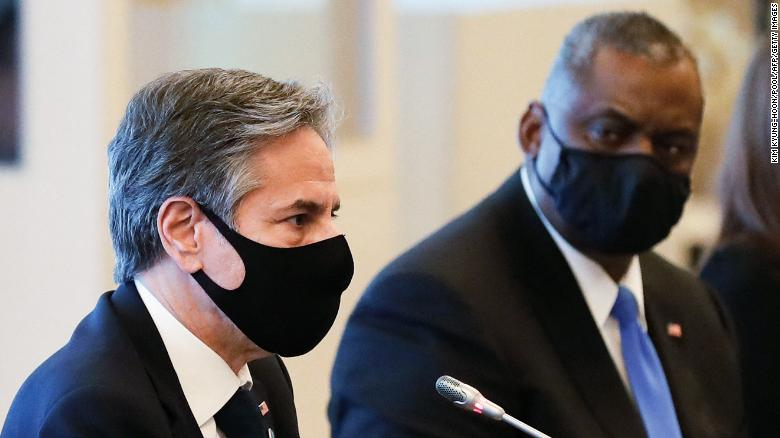 |
| US Secretary of State Antony Blinken and US Defense Secretary Lloyd Austin at Iikura Guest House in Tokyo on March 16. (Photo: CNN) |
Japanese Defense Minister Nobuo Kishi revealed the exercises were taking place after "two-plus-two" talks in Tokyo that included Japanese Foreign Minister Toshimitsu Motegi, U.S. Secretary of State Antony Blinken and U.S. Secretary of Defense Lloyd Austin.
"We believe in democracy and human rights, the rule of law, because we've seen how our own countries are stronger because we adhere to those values. And because they're under threat in many places, including in this region," Blinken said during a joint news conference in Tokyo, pointing to the recent military coup and mass protests in Myanmar as an example.
"China uses coercion and aggression to systemically erode autonomy in Hong Kong, undercut democracy in Taiwan, abuse human rights in Xinjiang and Tibet, and assert maritime claims in the South China Sea that violate international law," he added. "We will push back if necessary when China uses coercion or aggression to get its way."
Speaking to reporters, Austin said that China had spent the past two decades modernizing its military while the US had been focused on the Middle East. "So our goal is to make sure that we maintain a competitive edge over China, or anyone else that would want to threaten us or our alliance," he said. "And that we developed the operational plans and capabilities to be able to deter any aggressor.", CNN reported.
China last month upgraded its coast guard to quasi-military status, allowing it to fire at foreign ships in its waters. Amid concerns that Beijing could further step up activities near the islands, Japanese government officials have said the Japan Coast Guard may be able to directly shoot at foreign targets caught committing violent crimes on their way to landing on Japanese territory.
The United Nations Convention on the Law of the Sea permits "necessary steps" to prevent the passage of ships that threaten their peace and security. Japan believes this to include the use of weapons by its coast guard in response to an attack by foreign ships, based on its law permitting authorities to shoot in self-defense.
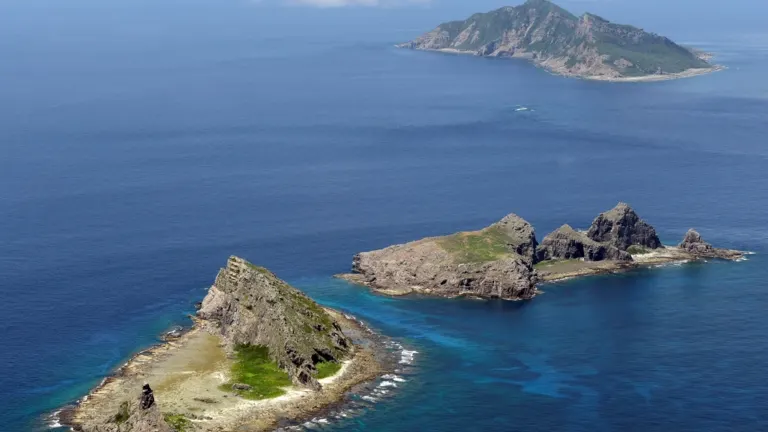 |
| The Senkaku Islands, or Diaoyu in Chinese, are seen in the East China Sea © Reuters |
The ministers said in a statement": The United States and Japan remain opposed to any unilateral action that seeks to change the status quo or to undermine Japan's administration of these islands."
Robert Dujarric, co-director of the Institute of Contemporary Asian Studies at Temple University Japan Campus, told Nikkei Asia that Japan has to date been "very passive" and has not resorted to force to expel the Chinese vessels.
"Tokyo thinks that risking a clash over the uninhabited islands is not logical. This is based on the assumption that Chinese actions will not escalate into more aggressive moves, such as capturing Japanese fishing vessels and landing on the islands," he said.
The ministers highlighted China's threat to the Indo-Pacific region more broadly.
The Japan-U.S. two-plus-two dialogue has been held from time to time when the two countries feel the need to cooperate on changing international situations. This last meeting was in the U.S. in 2019 and focused on cybersecurity issues.
It is the first time in seven and a half years for the meeting to be held in Japan. Motegi said there will another round of two-plus-two talks later this year.
"I look forward to making the Japan-U.S. alliance more solid," he said.
COVID-19, Human Rights discussed
Other issues discussed on Tuesday included COVID-19 vaccines, semiconductor supply-chain security, the military coup in Myanmar and human rights in North Korea, as well as in Hong Kong and Xinjiang.
Blinken said Tokyo and Washington shared a commitment to democracy, human rights and rule of law and said they were “under threat in many places, including in the region, whether it’s in Burma or whether in different ways, China”, Al Jazeera reported.
Earlier on Tuesday, Blinken also told a group of business leaders that the economic relationship between Washington DC and Tokyo is “one of the strongest in the world”.
Meanwhile, Motegi said Blinken expressed support for the staging of Tokyo Olympics during their bilateral meeting.
But Blinken sounded non-committal in his remarks to Tokyo-based US diplomats, saying the summer Games “involve planning for several different scenarios,” and adding that “whenever and however, Team USA ends up competing, it will be because of you”.
Quad alliance
![US Secretary of State Antony Blinken (L) attends a meeting with Japan's Foreign Minister Toshimitsu Motegi (R) at Iikura House in Tokyo on Tuesday [Kim Kyung-hoon/AFP] 2043-000-9636un](https://vietnamtimes.thoidai.com.vn/stores/news_dataimages/minhchauvnt/032021/17/10/2043_000_9636UN.png?rt=20210317120100) |
| US Secretary of State Antony Blinken (L) attends a meeting with Japan's Foreign Minister Toshimitsu Motegi (R) at Iikura House in Tokyo on Tuesday [Kim Kyung-hoon/AFP] |
Blinken and Austin’s visit to Tokyo and Seoul follows a virtual summit last week of the leaders of the US, Japan, Australia and India – the so-called Quad alliance. It was the first time leaders of the informal partnership, which many view as a regional bulwark against Beijing, had met.
The Quad summit pledged to work to ensure a free and open Indo-Pacific, a chief priority for Tokyo and to cooperate on maritime, cybersecurity and economic safeguards in the face of challenges from Beijing.
During their visit, Blinken and Austin are also scheduled to make a courtesy call on Japanese Prime Minister Yoshihide Suga, who is set to visit the White House as the first foreign leader to meet Biden in April.
According to Japan’s NHK broadcaster, China is expected to be high on the agenda at that meeting, too.
Both US officials are set to leave Tokyo for Seoul on Wednesday and hold talks with their counterparts in the South Korean capital until Thursday.
They will then head back to the US where they will meet top Chinese diplomats, Yang Jiechi and Wang Yi in Anchorage, Alaska.
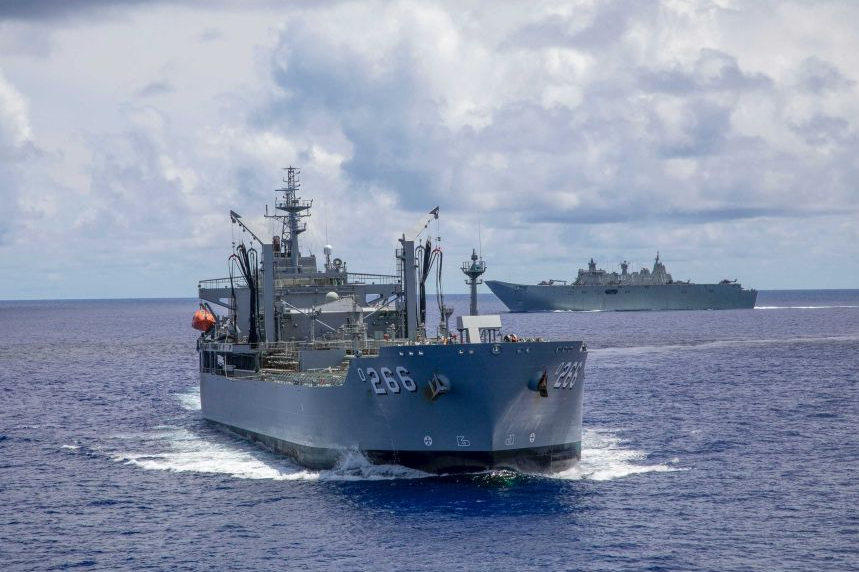 | Australia's position in the US - China balance Australia is considered as an important companion to the US in the Indo-Pacific region in the context of US-China power competition. |
 | Apple removed nearly 30,000 applications from China store Apple removed nearly 30,000 applications from its Chinese app store on Saturday, including more than 26,000 games according to new data from Qimai Research Institute, ... |
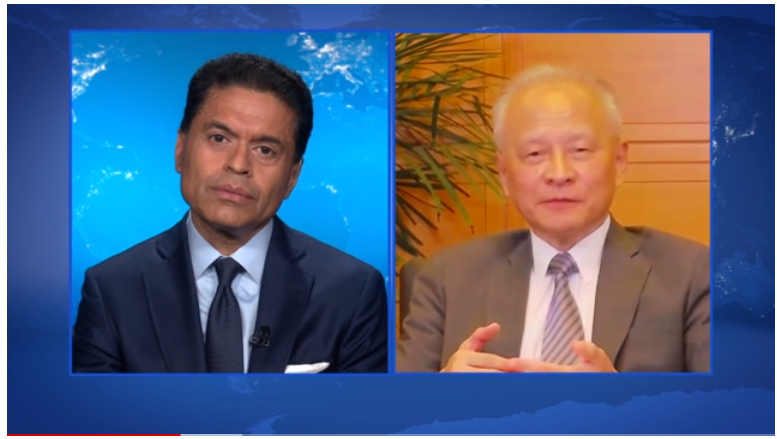 | Chinese ambassador to US said "We will not participate in such a ruling" when asked for its violation of international law Chinese Ambassador Cui Tiankai said that the U.S. has to make "a fundamental choice" as to whether it's ready to live with China in peace ... |
Recommended
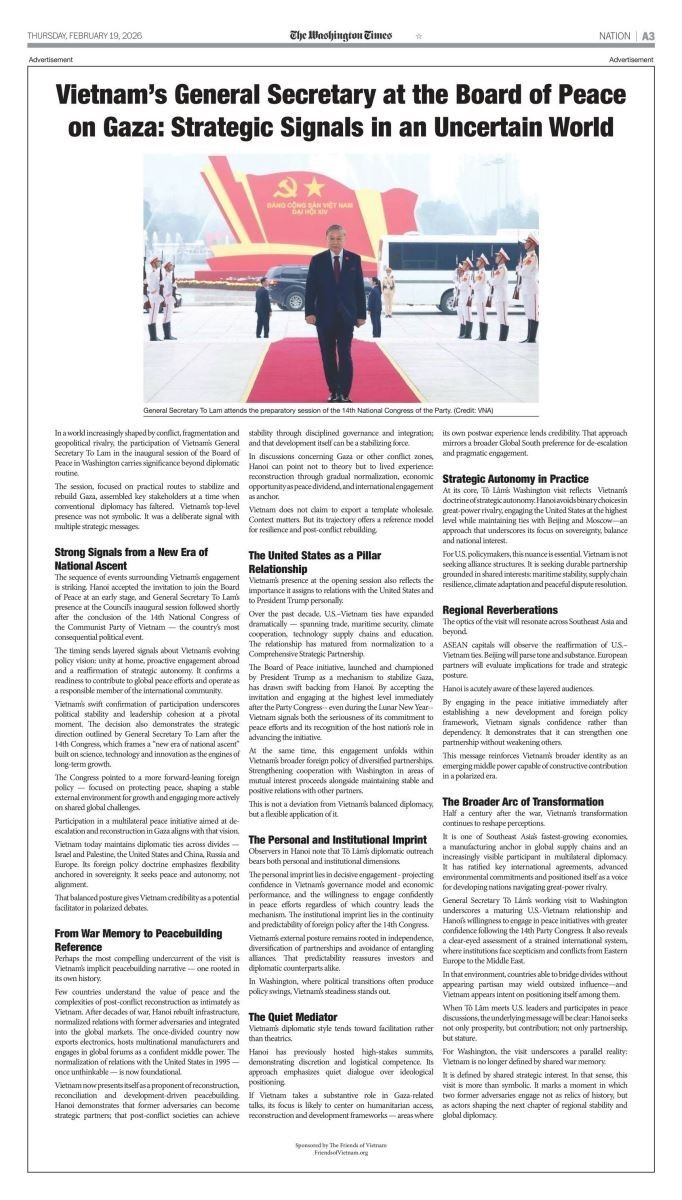 World
World
US Media Commend Vietnam’s Role in Global Peace Efforts
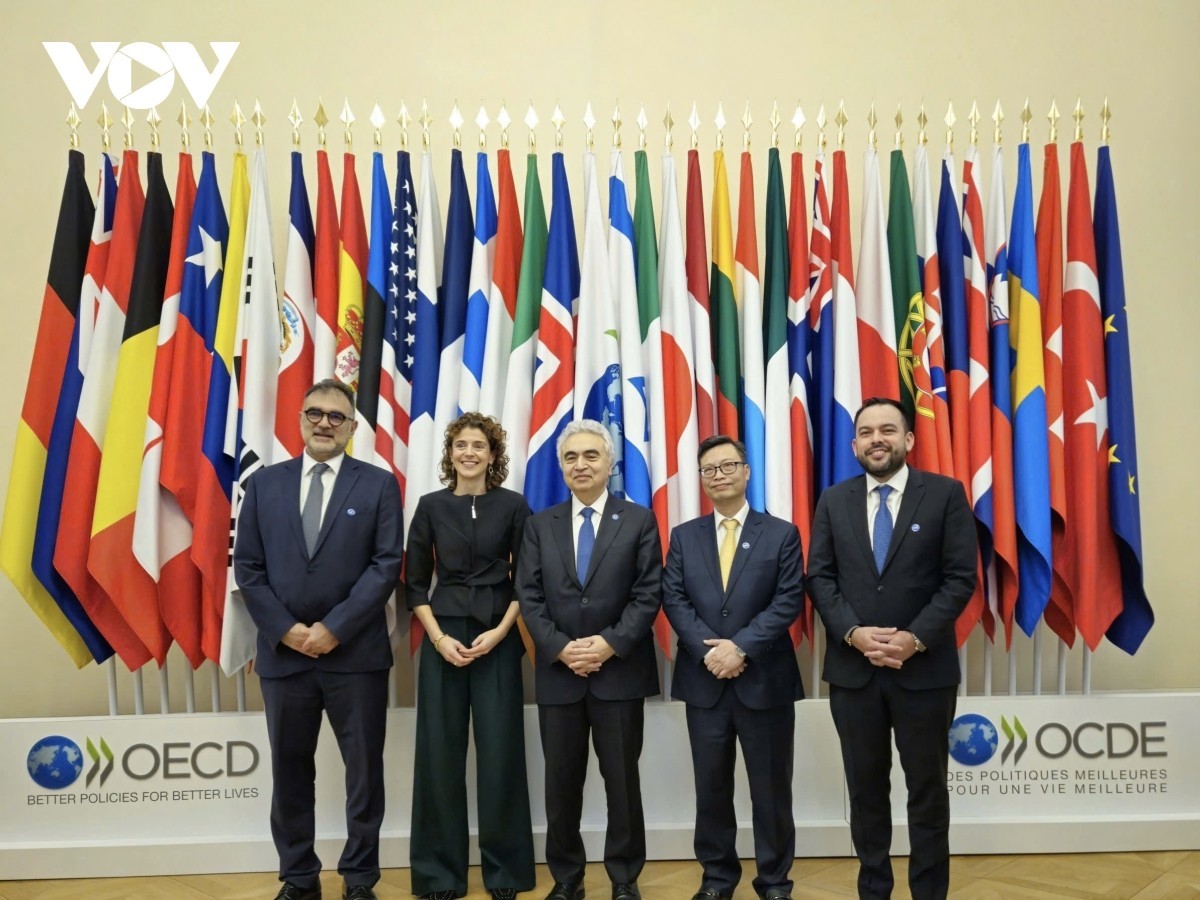 World
World
Vietnam Officially Becomes Association Country of International Energy Agency (IEA)
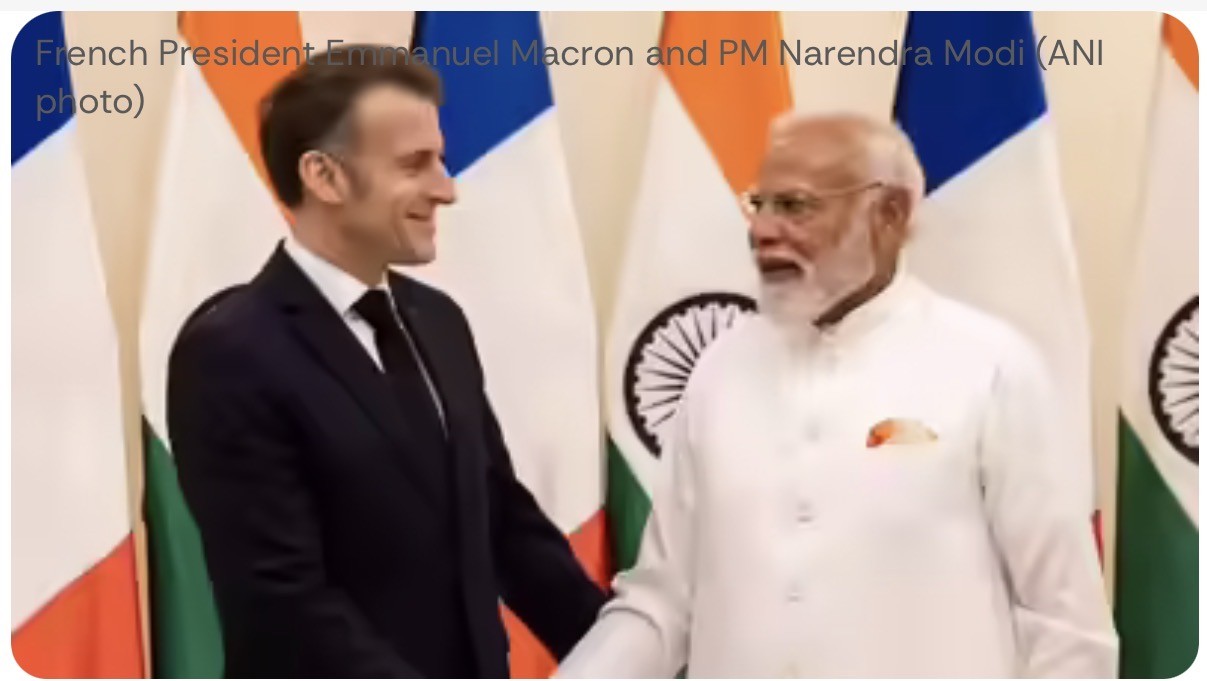 World
World
Key pacts signed as PM Modi hosts France's Macron for plane cooperation
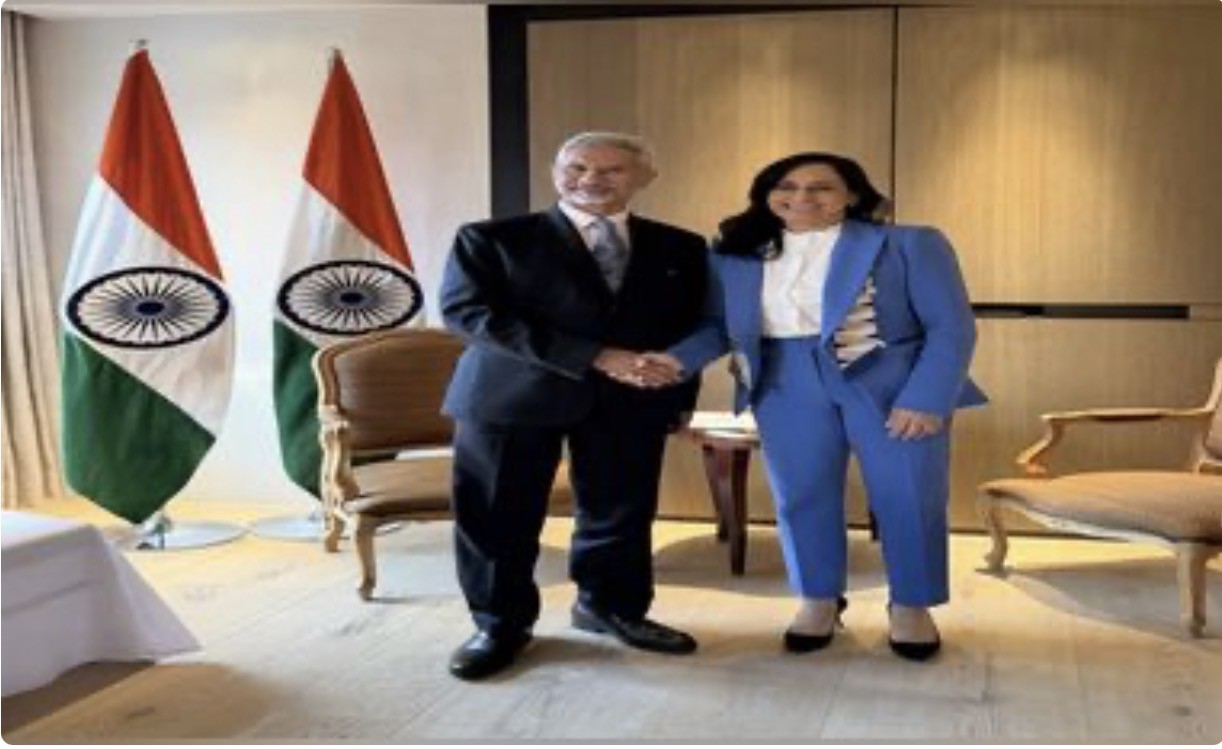 World
World
India, Canada commit to strengthening bilateral ties, discuss trade
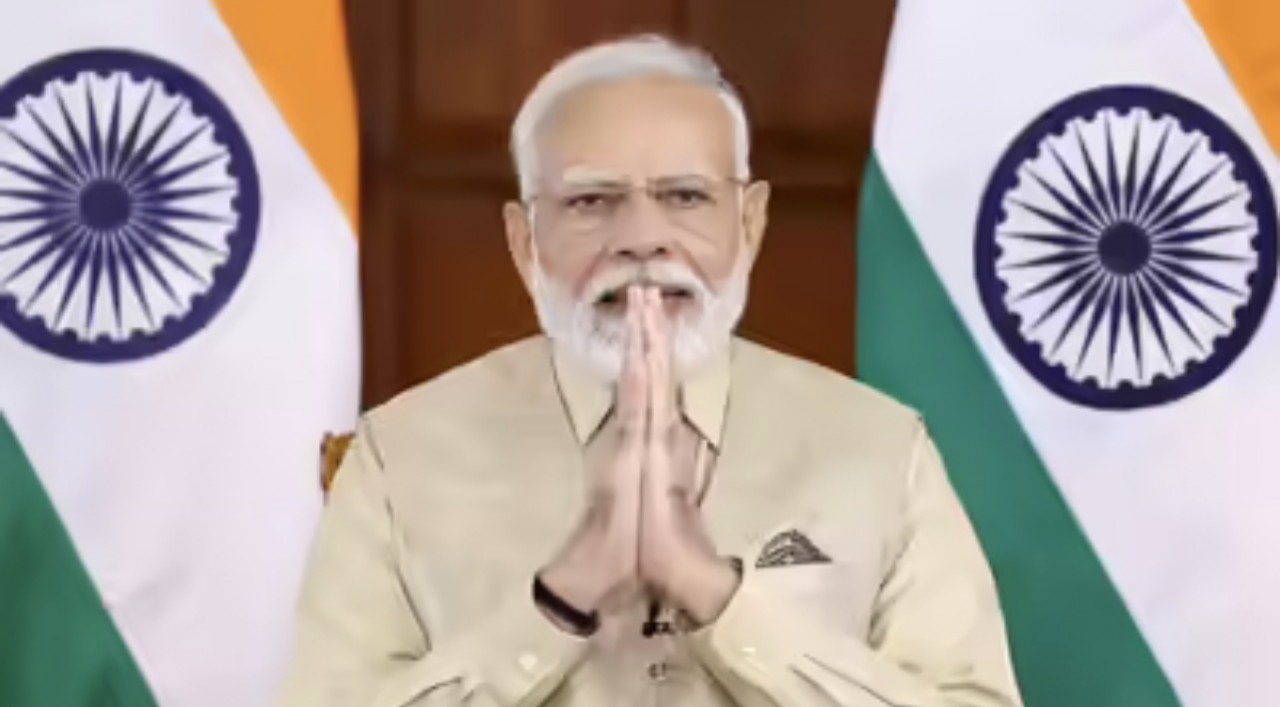 World
World
AI Summit India 2026 Live Updates: ‘Bringing the world together,’ PM Modi welcomes leaders as India hosts AI summit
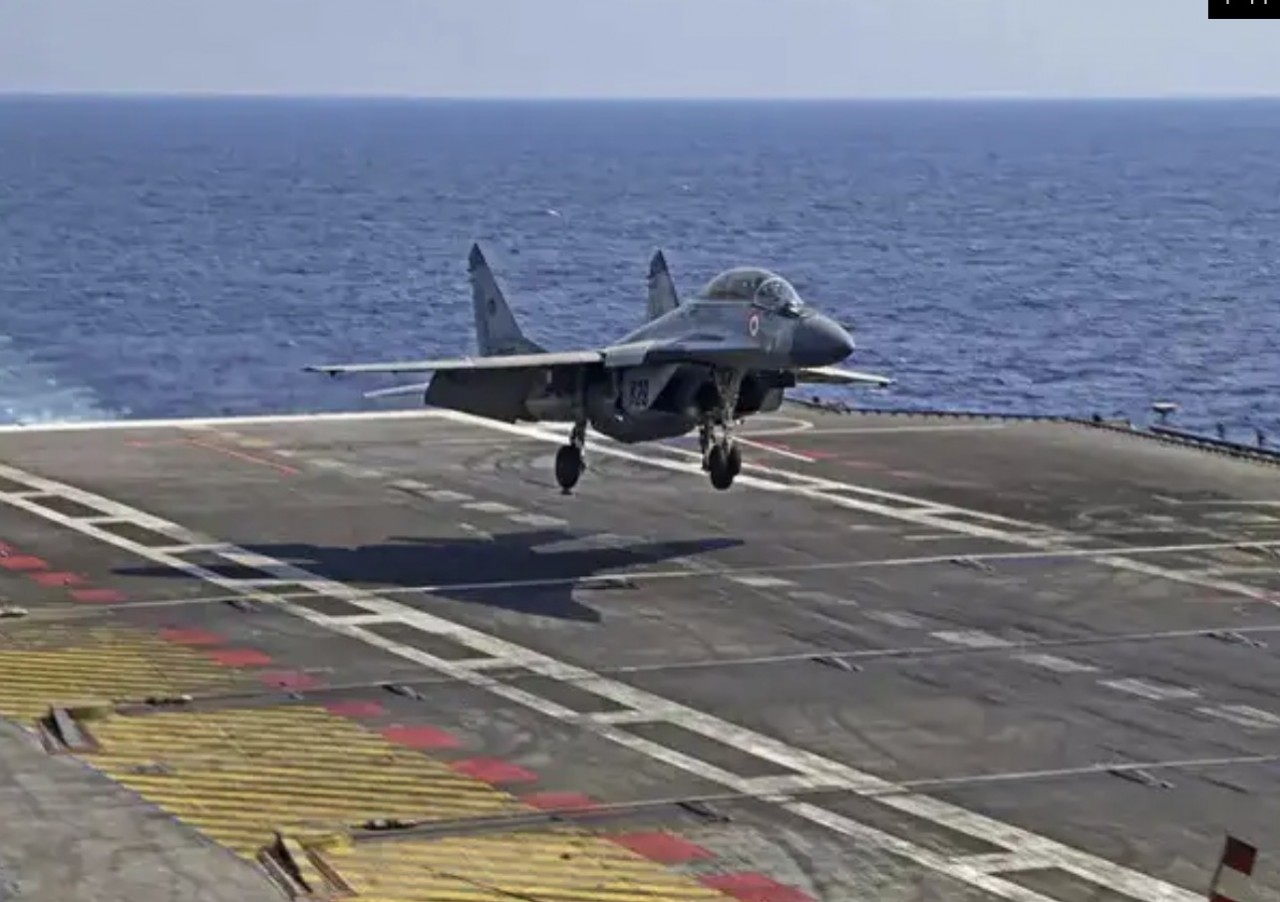 World
World
Safran ready to open India engine production in Rafale deal
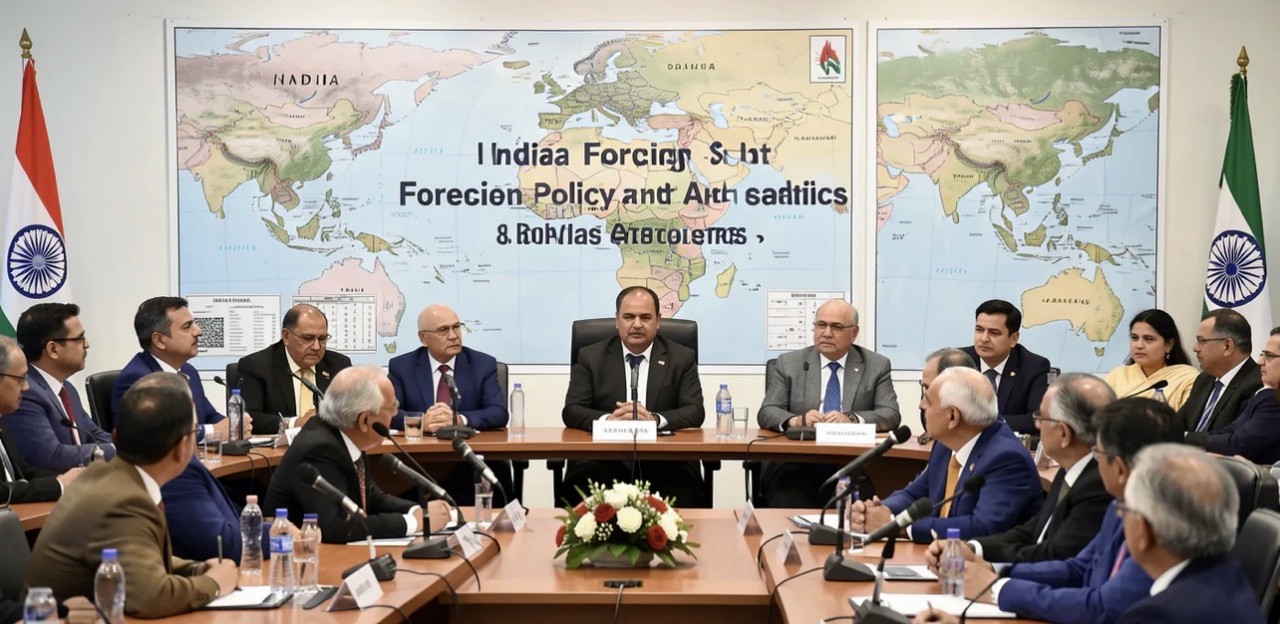 World
World
Nepal interim PM Sushila Karki thanks India for March support
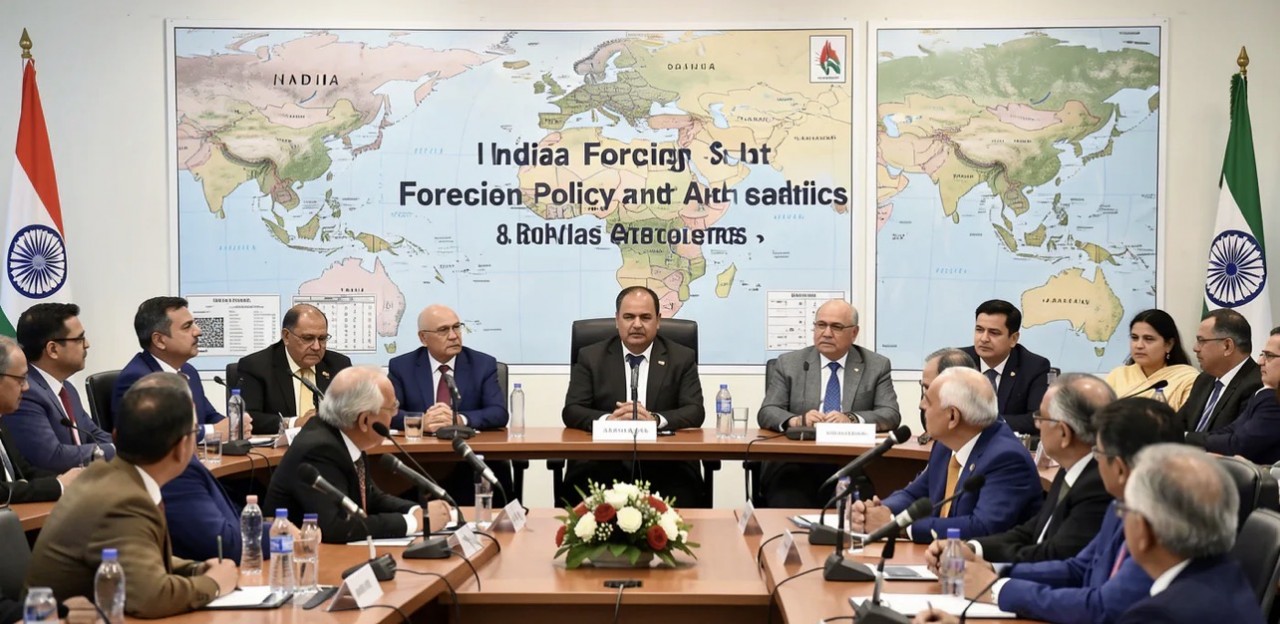 World
World

